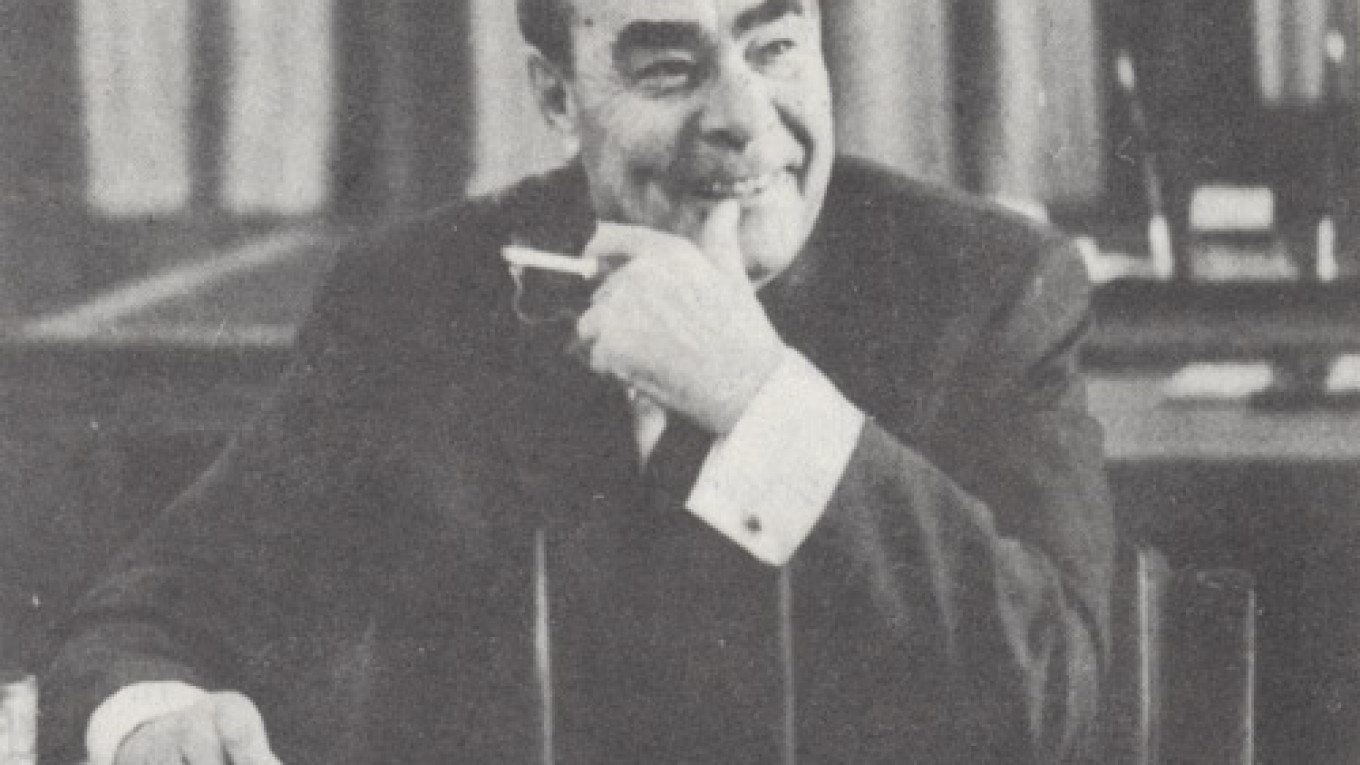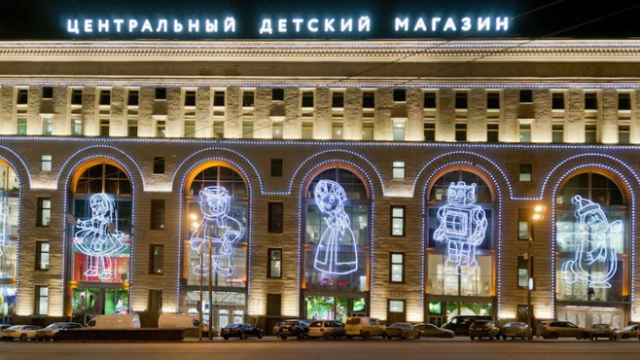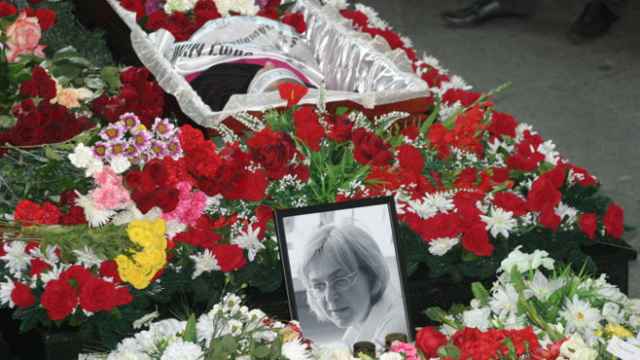I spent the years of my youth in the latter part of former Soviet leader Leonid Brezhnev's rule — a period now called "the years of stagnation." The authorities did not shoot people then, as they had under former Soviet leader Josef Stalin, but the heavily oppressive and pervasive government ideology crushed the life out of everything.
Severe restrictions were placed on art, literature and science and the Iron Curtain kept the Soviet Union almost hermetically sealed off from any outside influences or information. The social atmosphere was stifling: it was difficult to breathe.
And we had the feeling that things would always be that way, that we would have to live out our days with little or no air. Nobody could have imagined that the country's social life would lurch into motion — as it soon did under former Soviet leader Mikhail Gorbachev. What's more, nobody had the slightest inclination that the Soviet Union would collapse in only a few years.
For all their fundamental differences, the regimes of President Vladimir Putin and Leonid Brezhnev share one thing in common: the lack of air in the social atmosphere. The authorities now punish artistic innovation, label criticism of the regime as extremism threatening the system as a whole, and most importantly, actively foster the idea that Russia is surrounded by enemies. Isolationism is the dominant slogan now.
The current generation of Russian intellectuals has not forgotten the initial years of freedom between the collapse of the Soviet Union in 1991 and the first seven years of Putin's rule. With only rare exceptions, Putin was yet to force artistic expression and intellectual activity into a suffocating framework or try to rewrite history as he is doing now.
The people who grew up during those years of freedom — who never lived under Brezhnev, much less former Soviet leaders Nikita Khrushchev or Josef Stalin — harbor the hope that the current reactionary period is only temporary, that Putin will either disappear from the scene soon or else change his mind and alter course. At least this is what that generation of intellectuals thinks, not the masses.
The well-known art dealer and cultural figure Marat Gelman, who was forced to leave Russia, gave an interview on Dozhd television. "I am here in Montenegro," he said. "Fifteen of us have gathered already, and we are here to wait out Medinsky," a reference to Putin's odious Culture Minister Vladimir Medinsky.
That is, they hope to return to a post-Medinsky Russia that once again enjoys creative freedom and has once more turned its face toward civilization.
If I had managed to call into the television program after Gelman made that comment, I would have told him, "Don't bet on it!"
And I am not referring only to a particular minister by the name of Medinsky, or even a particular president by the name of Putin. Medinsky might lose his job and Putin could exit the scene in a variety of ways. But even if that were to happen, a new "Medinsky" and a new "Putin" would only take their places.
The negative changes that have occurred to the political system and society run so deep that the country simple cannot become healthy in less than one decade. I am very pessimistic in this regard, and guess that Russians will have to suffer through some form of Putinism not for several more decades, but for several more generations.
After only a brief hiatus, every oppressive construct that the Soviet Union created with violence — a system that former U.S. President Ronald Reagan rightly called the "evil empire" — has now sprung to life again.
In 1920, H.G. Wells wrote a book about this country that he called "Russia in the Shadows." Almost 100 years after Wells penned those words, the light shone only very briefly before Russia once again retreated into darkness.
Andrei Malgin is a journalist, literary critic and blogger.
A Message from The Moscow Times:
Dear readers,
We are facing unprecedented challenges. Russia's Prosecutor General's Office has designated The Moscow Times as an "undesirable" organization, criminalizing our work and putting our staff at risk of prosecution. This follows our earlier unjust labeling as a "foreign agent."
These actions are direct attempts to silence independent journalism in Russia. The authorities claim our work "discredits the decisions of the Russian leadership." We see things differently: we strive to provide accurate, unbiased reporting on Russia.
We, the journalists of The Moscow Times, refuse to be silenced. But to continue our work, we need your help.
Your support, no matter how small, makes a world of difference. If you can, please support us monthly starting from just $2. It's quick to set up, and every contribution makes a significant impact.
By supporting The Moscow Times, you're defending open, independent journalism in the face of repression. Thank you for standing with us.
Remind me later.






